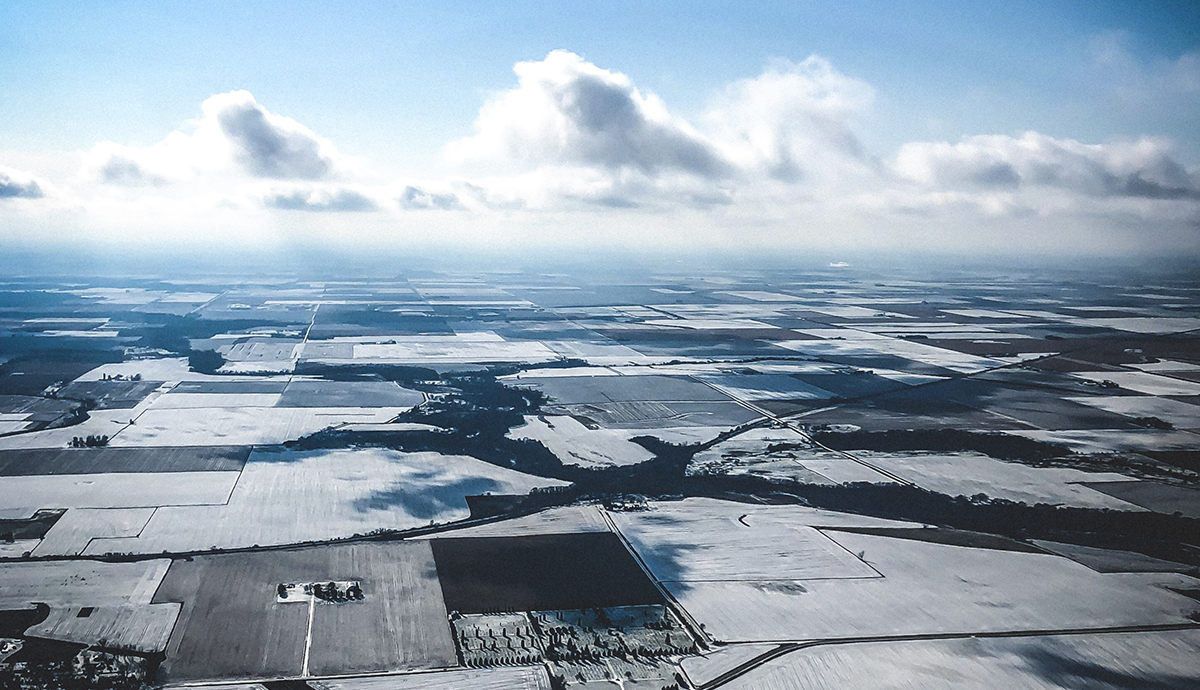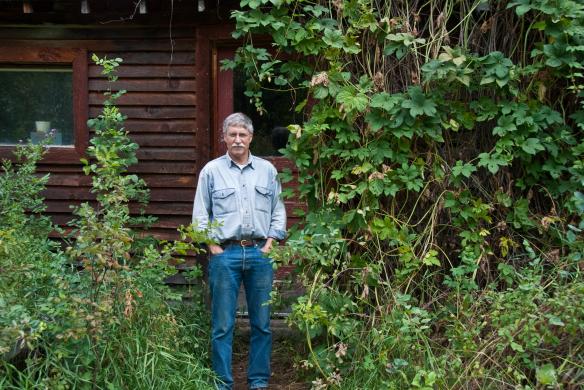The seasons steer much of what I write. As a gardener, hobby orchardist, and retired beekeeper, I find my frame of mind pretty much tuned to the light, the temperature, and the color of the day. Winter has always been a time of being stuck in the darkness with the ground frozen; I'm standing at the window looking out a static landscape wishing my life away. Either that or I'm going through lists and piling what we need for some trip to a southern latitude. Busy work then, or at the window immensely thwarted. You can't stick a shovel in the ground when it's all rock.
Spring, now that's the time for rushing and pushing the limits too far: opening hives when it's cold and pissing the bees off. Or planting peas or parsnips too soon so the seeds rot. Oh, who cares, what joy to plant them again. Just to be out there for the next shot of sun arrowing through troubled clouds. Best described (by that Canadian author whose name escapes me) as jumping on the horse and riding off in four directions at once.
Summer. Once I grew tired of summer sameness, the heat and endless blue days. Not anymore. I replay for myself memories of winter's much starker sameness. Spring may be like getting out of jail, but summer is to savor. It's for breaking routines or making new ones, for experimenting. For being brave.
And fall is chaos, everything wanting attention. The honey needs to be pulled. Plums, pears, and apples need to be picked and given away before they rot. Beans and tomatoes and peppers need to come in before the first frost. And then put up. There's firewood to stack. Don't forget the houseplants outside. Got to blow out the pipes for watering the lawn and gardens. What's that? The browns are taking woolly buggers in I-Can't-Remember-The-Name Creek.
These four states of mind and emotion color most everything I see or hear, so that when different events catch my eye, I do different things with them depending on the month. In writing an essay, I look for what I consider meaningful designs among different happenings. I try to manage some constellation linking the various points of light. In this, the seasons are more than background. They frame, they fund what I try to understand and how.
Jerry McGahan, 71, is a retired beekeeper and lives with his wife in Arlee, Montana, where he writes short fiction, essays, and novels; gardens; and paints. Along with North American Review, Ploughshares, The Georgia Review, The Iowa Review, The Antioch Review, and The Gettysburg Review, a number of other literary journals have published his stories and essays. He had a novel with Sierra Club Books. His paintings can be seen on jerrymcgahan.com. Jerry will be in the upcoming issue 299.4, Fall 2014.




